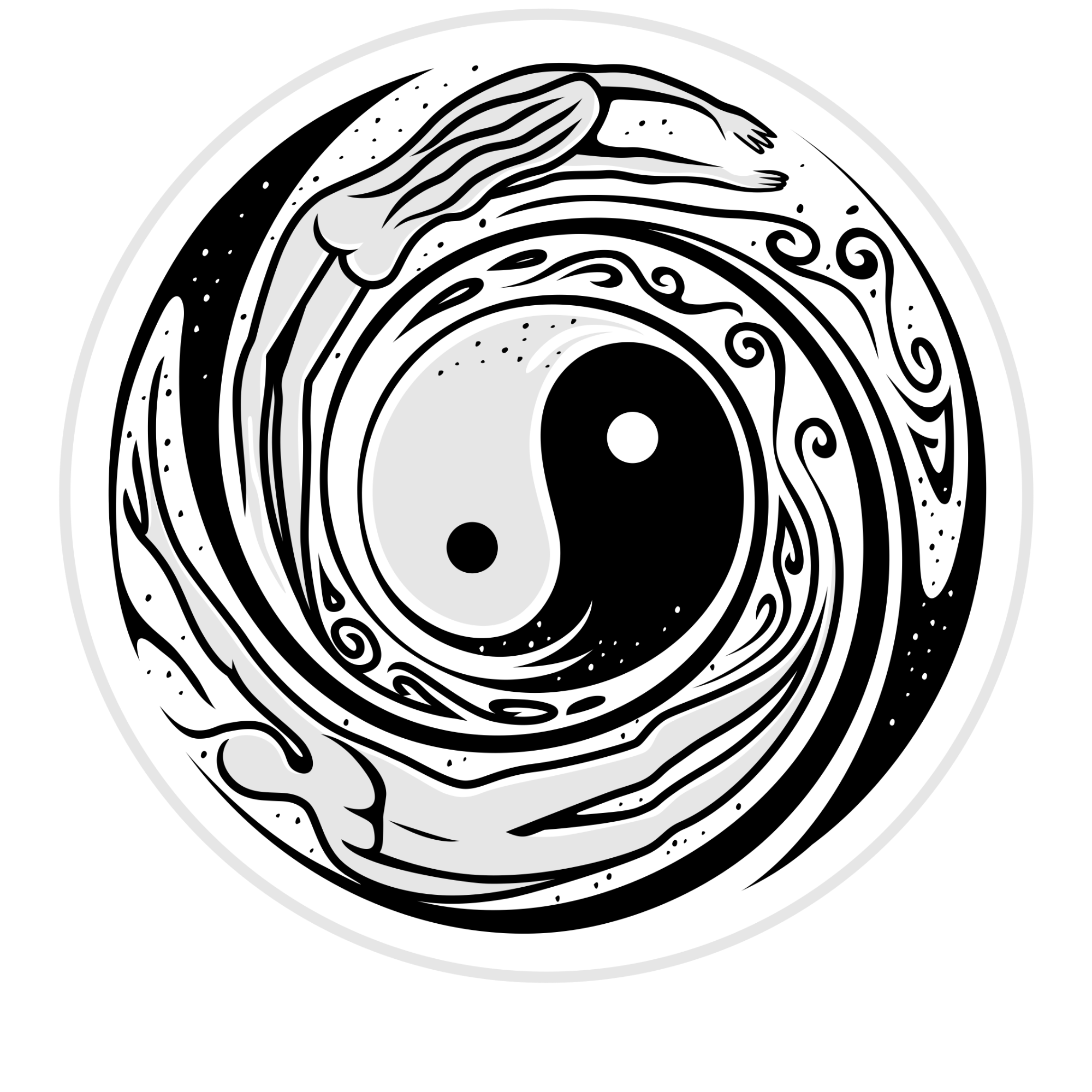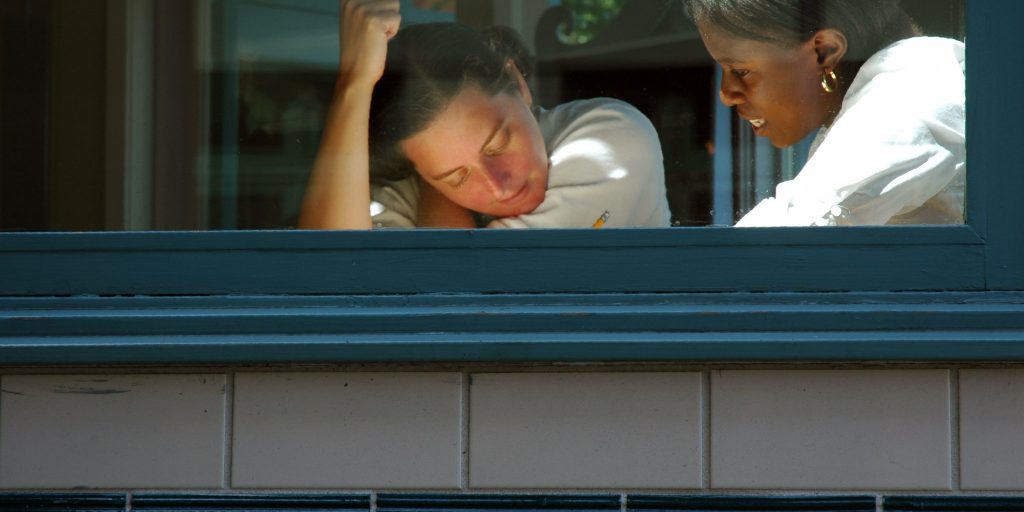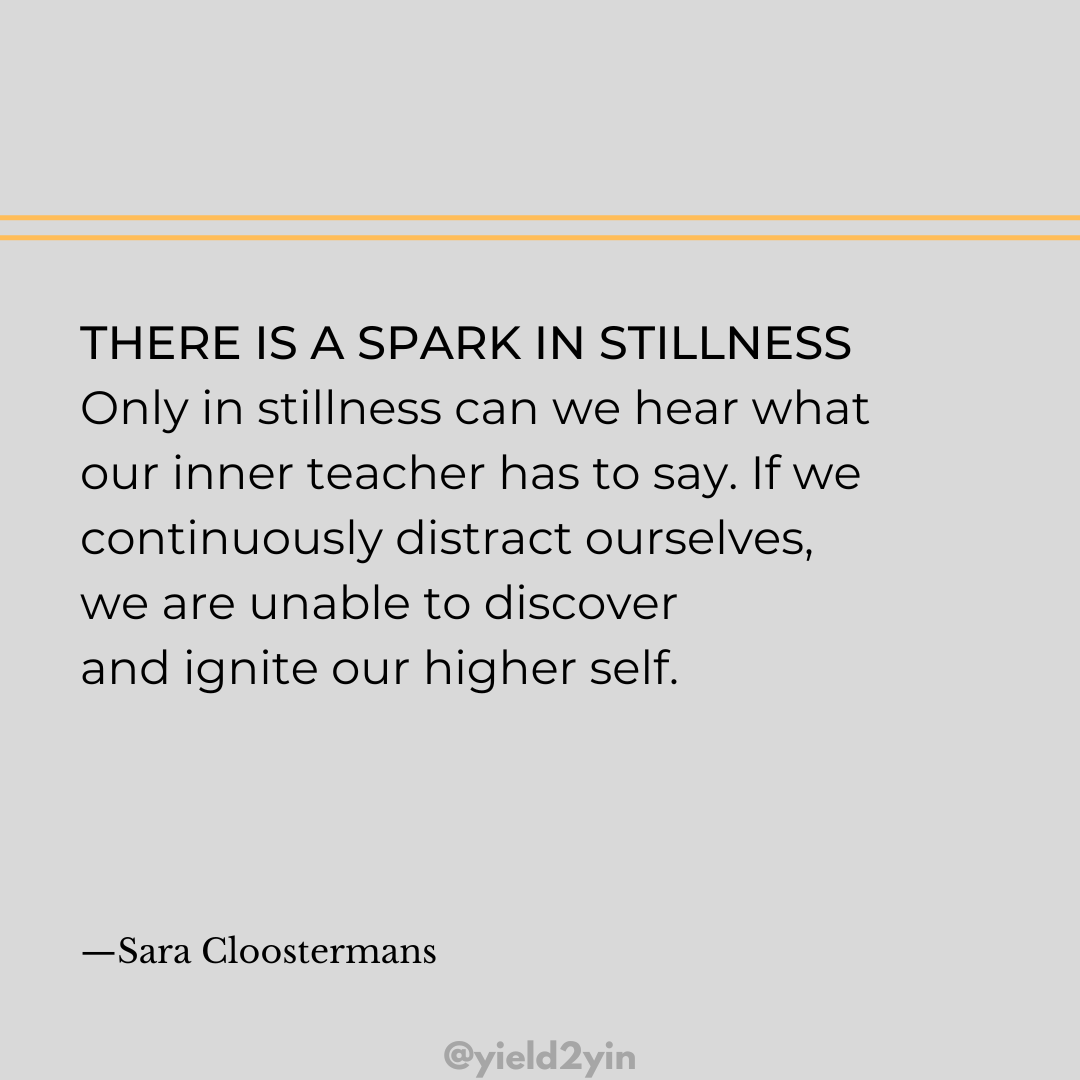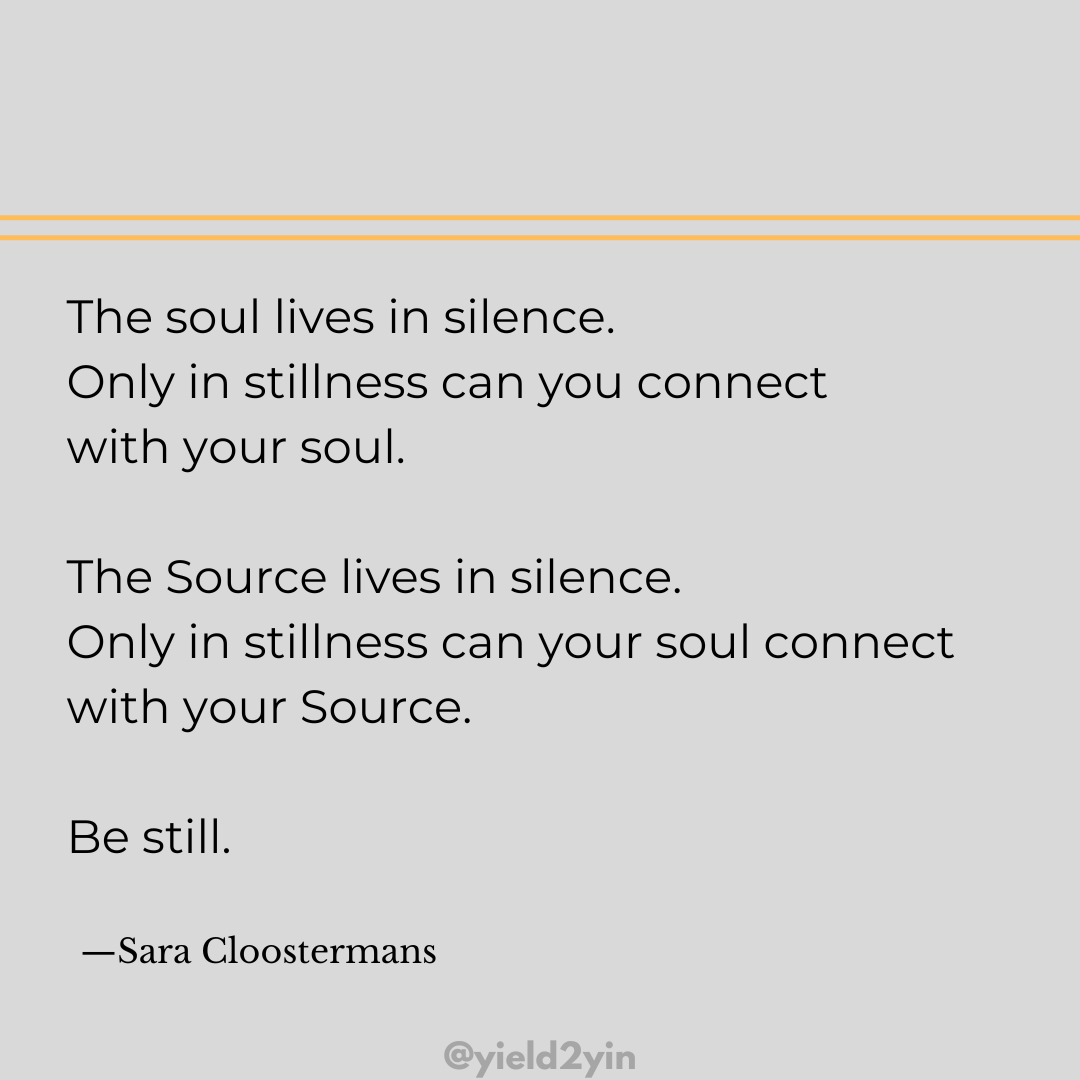Humans are social. We need each other. We’ve all heard the refrain “I get by with a little help from my friends,” but the opposite is just as true: we also get by when we help our friends.
Person A needs some help. Person B offers that help. Person A feels better because … well … they got what they needed. But Person B feels better too.
This phenomenon is “The Helper’s High” or “The Happiness Trifecta.”
The Science Behind The Helper’s High
When people help others, the brain releases chemicals that make them feel good (source) (source). These three hormones are:
- Oxytocin: Often called the “love hormone,” oxytocin gives you the happy feeling of connection and bonding. That makes perfect sense considering it’s released during sex, lactation, exercise, singing in a group, and non-romantic touch like a hug or petting a dog. Low oxytocin levels have been connected with depression.
- Serotonin: Serotonin plays a big role in boosting mood and managing the stress response. In fact, the main job of some antidepressant medications is to increase serotonin. While light exposure and exercise are common non-medicated ways to get more serotonin, so are acts of kindness.
- Dopamine: Pleasure, pleasure, pleasure. Dopamine gives you that feel-good rush. Some actions that lead to the pleasurable feeling of dopamine are negative (eating the entire carton of ice cream, substance addiction, etc.). But there are plenty of positive actions that can do the same: good sleep, exercise, helping.
Beyond these positive physical changes, helping others can also offer mood-boosting benefits such as:
- Cultivating a sense of belonging/purpose
- Connecting with your community
- Making friends
Remember “Helper’s High” When You Need A Boost
Helping others is a common prescription I give out to my depressed clients to help them find some relief. I suggest that they do some volunteer work, for example. If you feel like you’re needing a little boost to your wellbeing–if you are feeling stressed or lonely, try helping somebody (or something or some animal).
Community care can be an act of self-care.
Remember “Helper’s High” When You Need To Ask For Help
It can feel daunting to admit we need help. It requires us to drop our ego. But when you are ready to do the work, there is an entire support network waiting out there to assist you with your healing. Give people in your community the chance to lend a helping hand. You are doing them a favor too: by granting them the opportunity to help you, they get to enjoy an improved mood.
Remember Helper and Helpee Are Flexible Roles
Please don’t worry if you ever feel guilty because you feel indebted to your helpers. Keep in mind that there will be plenty of times when the roles will be reversed. One thing in life is certain: it is not static, and this includes your “helpee” or “helper” status—it continuously changes. Therefore, plenty of opportunities will present themselves for you to take on the helper position and as such keep the helpee-helper roles somewhat balanced.
When you need help, ask for it and accept it gracefully. When you don’t need help, pay it forward.
Yield2Yin
- Healing Card Deck: A Therapist’s Advice 55-Card Healing Deck by Sara Cloostermans
- Book Recommendation: Group by Christie Tate
- Mantra: I AM HELPFULNESS // repeat with diaphragmatic breathing
- Yin Yoga Asana: Butterfly Pose
This page includes Amazon Associate affiliate links, which means I may earn a small commission at no cost to you if you purchase a product I suggest. I only recommend products I believe in. Learn more HERE.







